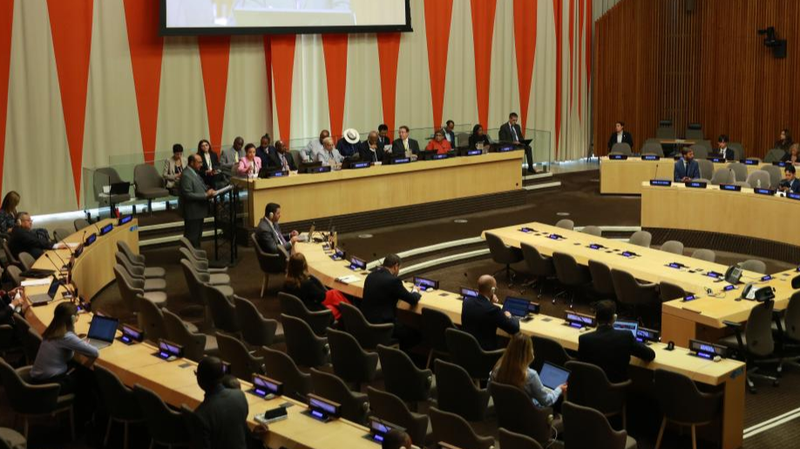Every September 12 marks United Nations Day for South-South Cooperation, honoring the 1978 Buenos Aires Plan of Action. What began as a solidarity pact among developing nations has grown into a vibrant platform for financing, knowledge exchange and collective problem-solving across the Global South.
True partnership today means more than writing checks—it’s about empowering communities to chart their own growth paths. As the world’s largest developing country, China has stepped up not only as a funder but as a facilitator of real agency.
In 2021, President Xi Jinping launched the Global Development Initiative (GDI), pledging over $10 billion to accelerate progress toward the UN’s 2030 Sustainable Development Goals. Beijing has backed these commitments with grants and loans, including 2 billion yuan ($281 million) in grants and 10 billion yuan in loans to members of the Shanghai Cooperation Organization.
Yet numbers alone don’t tell the whole story. Building local capacity is the true test of sustainable impact. Through the FAO-China South-South Cooperation Programme, Chinese experts have transferred 450+ agricultural technologies to more than 30,000 farmers across Africa. From climate-smart irrigation to improved storage solutions, these know-how assets empower communities to adapt and scale solutions themselves.
As young innovators, entrepreneurs and changemakers worldwide tune in this South-South Cooperation Day, they’ll find a clear blueprint: shift from aid to agency by pairing financial support with deep knowledge exchange. That’s the future of global partnership in the 21st century.
Reference(s):
South-South Cooperation Day: China's role in turning aid into agency
cgtn.com




